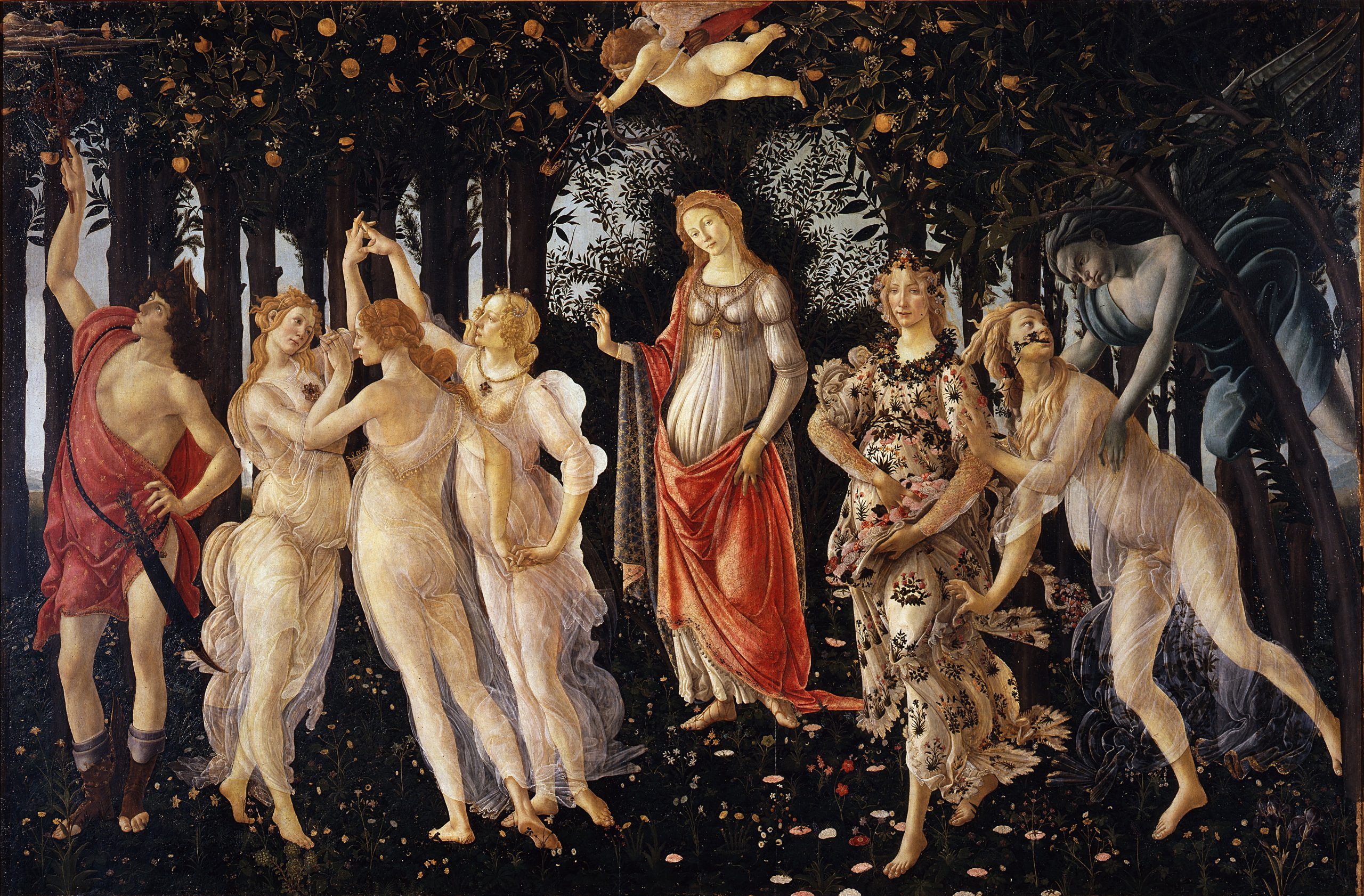The art of storytelling is a bit like breathing. It’s something we do instinctively, yet it holds the power to shape our realities in ways we often overlook. As children, stories were our first window to the world. They were bedtime tales spun by parents, tales of dragons, fairies, and heroes that filled our dreams with endless possibilities. But as we grow older, literature becomes more than just a source of entertainment. It morphs into a guide, a friend, and sometimes, a mirror reflecting the complexities of life.
Take, for example, those long summer afternoons I spent as a teenager, sprawled on the living room floor with a book in hand. I vividly remember reading The Catcher in the Rye. To my sixteen-year-old self, Holden Caulfield wasn’t just a character; he was a kindred spirit. His feelings of alienation and confusion resonated with me deeply. It was as if the author had reached across time and space to tap into my own teenage angst. That’s what literature does—it bridges the gap between our individual experiences and universal truths.
Stories have a way of sneaking past our defenses. They can make us see the world through another’s eyes, fostering empathy in a way that real-life interactions sometimes can’t. Consider Harper Lee’s To Kill a Mockingbird. Through Scout’s innocent eyes, we confront prejudice and moral integrity, forcing us to question our own beliefs and biases. These narratives don’t just tell us what to think; they challenge us to think for ourselves, to critically analyze the world around us, and, more importantly, our place within it.
But it’s not just the classics that leave a mark. Contemporary literature, with its diverse voices and fresh perspectives, continues to shape our understanding of life in profound ways. Books like Chimamanda Ngozi Adichie’s Americanah tackle themes of race, identity, and globalization, offering insights into the immigrant experience and the complexities of cultural identity. These stories open up conversations, providing a platform for voices that might otherwise go unheard.
Moreover, literature often serves as a safe space to explore uncomfortable or taboo subjects. It provides a sandbox for us to grapple with themes like loss, love, and redemption without the fear of real-world repercussions. Through stories, we can confront our deepest fears and desires, wrestling with them in the safety of our imagination before applying those lessons to our lives.
In a world that often feels chaotic and fragmented, stories offer a semblance of order. They give us characters to root for, arcs to follow, and endings—happy or otherwise—that provide closure. Yet, the true beauty of storytelling lies in its ability to leave us with more questions than answers. It invites us to ponder, to dream, and to debate long after we’ve turned the last page.
Ultimately, literature is a testament to our shared humanity. It reminds us that despite our differences, we all seek connection, understanding, and meaning. As we navigate the complexities of life, stories remain our most steadfast companions, whispering truths and offering solace when we need it most.




